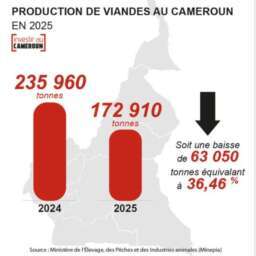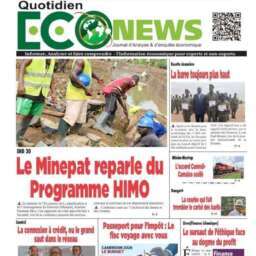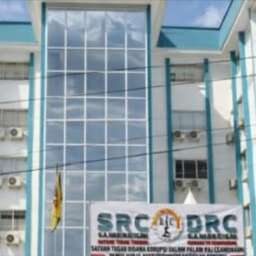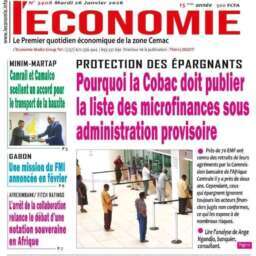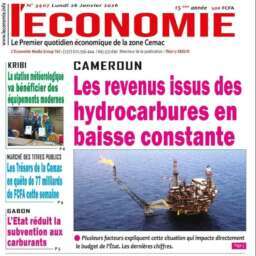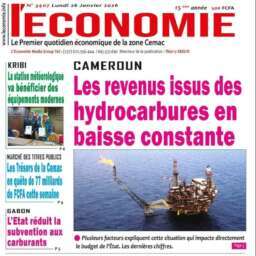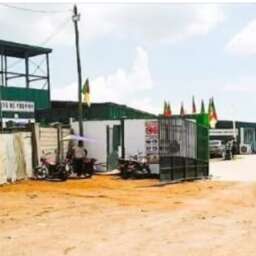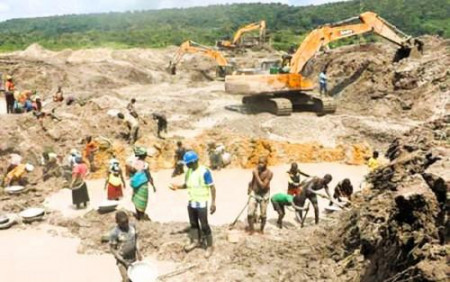(Business in Cameroon) – A joint mission involving Cameroon’s Ministry of Mines, Industry, and Technological Development (Minmidt), the Ministry of Environment, Nature Protection, and Sustainable Development (Minepded), and the National Mining Company (Sonamines) is currently deployed in the East and Adamawa regions.
The mission has a dual purpose: to verify the compliance of semi-mechanized artisanal mining companies and to assess the implementation of mine site restoration and rehabilitation plans. The teams will also establish the extent to which environmental and social requirements are being met in these operations.
This initiative follows concerns regarding mining authorizations granted without prior review by the Inter-ministerial Commission for the Examination of Mining Titles, as mandated by a Prime Ministerial Order from June 25, 2025. “The Minister of Mines has granted about thirty authorizations in the East and Adamawa regions since July 2025 without these applications being examined by the competent Commission,” a source at Sonamines told Investir au Cameroun.
In the field, the joint teams are verifying Environmental and Social Impact Assessments (ESIAs), site restoration and closure plans, and receipts for the environmental bond, which is set at three million CFA francs ($4,870) per hectare.
A total of 140 companies are under review across ten districts, including Ketté, Batouri, Ndélélé, Yokadouma, Ndélé, Bétaré-Oya, Ngoura, Garoua-Boulaï, Meïganga, and Colomine. The mission’s terms of reference require ensuring that each operator respects its legal obligations and that exploited areas have a credible rehabilitation plan.
The mission’s findings will result in a detailed report on corporate compliance and will propose corrective measures to the government. “The list of companies visited will be established by cross-referencing those known to Sonamines, because they are subject to the Specific Tax on Mining Products, and those that have obtained a semi-mechanized artisanal mining authorization,” a public company official noted.
This inspection is grounded in the regulatory framework updated by a Prime Ministerial Decree from Nov. 18, 2024, which sets the modalities for mining operations. The text reserves these authorizations for companies governed by Cameroonian law, with at least 51% of the capital held by nationals. Article 35 also imposes several prerequisites: an environmental and social compliance certificate, an approved restoration plan, and proof of payment of the reclamation bond.
The mission comes amid growing concern over the human and ecological impacts of artisanal gold mining. According to the Forests and Rural Development organization (FODER), 207 deaths were recorded between 2014 and 2024 at artisanal and semi-mechanized mining sites in the East region, with nearly 29% occurring in Batouri. These tragedies, often linked to drownings or landslides, result from deep pits left unreclaimed after mining operations.
In September 2021, FODER inventoried 703 open pits on gold mining sites, including 139 artificial lakes covering 93.66 hectares. These areas, frequently contaminated by hydrocarbons and used oils, contribute to soil and waterway degradation. The non-governmental organization also reported a more than 5,000% expansion of mining areas since 2010, accompanied by the destruction of thousands of hectares of forests and agricultural land.
Amina Malloum








